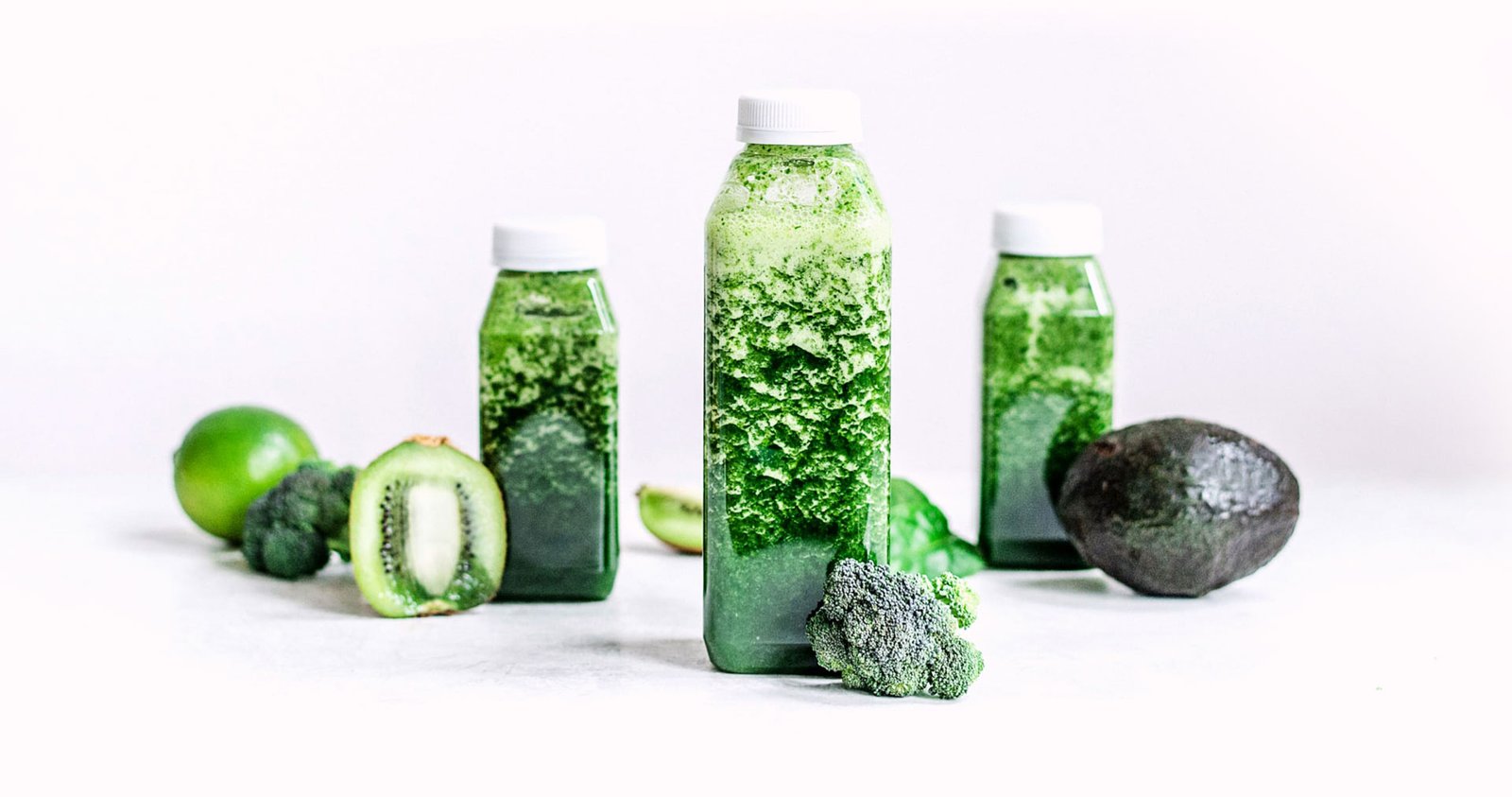Learn How to Combat Inflammation with Food
Discover the Power of Anti-Inflammatory Foods
Explore how certain foods can help reduce inflammation and lower cancer risk. Dive into the benefits of a diet rich in anti-inflammatory ingredients and take charge of your health today.
Understanding Inflammation and Cancer
Chronic inflammation is a persistent, low-level immune response that can damage healthy cells over time. This ongoing cellular damage can lead to mutations and create an environment conducive to cancer development. Understanding this connection is crucial for prevention.
Inflammation is a natural response to injury or infection, but when it becomes chronic, it can contribute to the development of various cancers. By recognizing the signs and causes of chronic inflammation, we can take steps to mitigate its effects and reduce cancer risk.
The Science Behind Inflammation
Chronic inflammation involves a complex interplay of immune cells and biochemical pathways. Over time, these processes can lead to DNA damage and promote tumor growth. Understanding these pathways is key to developing strategies for cancer prevention.


Inflammatory Pathways Explained
Inflammation triggers the release of cytokines and free radicals, which can damage cellular DNA and promote cancerous changes. By targeting these pathways, we can potentially reduce the risk of cancer development.
The Role of Cytokines
Cytokines are signaling proteins that regulate inflammation. In chronic inflammation, they can perpetuate a cycle of immune response and cellular damage, contributing to cancer progression.
Free Radicals and Oxidative Stress
Free radicals are unstable molecules that can cause oxidative stress, leading to cellular damage. This stress is a significant factor in the development of cancer, making it essential to manage through diet and lifestyle.
Top Anti-Inflammatory Foods
- Turmeric: Curcumin’s powerful anti-inflammatory effects.
- Berries: Antioxidants that neutralize free radicals.
- Leafy Greens: Vitamins and phytonutrients to combat inflammation.
- Fatty Fish: Omega-3s to reduce inflammation.
- Green Tea: Polyphenols that inhibit cancer cell growth.
- Nuts and Seeds: Healthy fats and fiber for overall health.
- Tomatoes: Lycopene reduces inflammation.
- Garlic: Allicin boosts immune function.
- Ginger: Anti-inflammatory and antioxidant properties.
- Olive Oil: Monounsaturated fats to lower inflammation.
- Whole Grains: Fiber-rich for digestive health.
- Avocado: Healthy fats and nutrients for inflammation control.
- Broccoli: Sulforaphane reduces oxidative stress.
- Cherries: Anthocyanins to fight inflammation.
- Beets: Betalains support detoxification.
- Sweet Potatoes: Beta-carotene for immune support.
- Dark Chocolate: Flavonoids for heart health.
- Peppers: Capsaicin for pain and inflammation relief.
Incorporating Anti-Inflammatory Foods
Start with Breakfast
Blend a smoothie with spinach, berries, and flaxseeds.
Lunch Ideas
Prepare a salad with leafy greens, tomatoes, and avocado.
Dinner Options
Grill salmon with a side of roasted vegetables.
1-Day Anti-Inflammatory Meal Plan

Breakfast Delight
Spinach and Berry Smoothie Bowl

Lunchtime Boost
Quinoa Salad with Avocado and Nuts

Afternoon Snack
Green Tea with Almonds

Dinner Feast
Grilled Salmon with Steamed Broccoli

Evening Treat
Dark Chocolate and Cherry Parfait

Hydration Station
Infused Water with Lemon and Ginger
Compelling Research Insights
Studies indicate that diets rich in anti-inflammatory foods can significantly lower cancer risk.
Supporting Research
Scientific studies have provided strong evidence for the role of anti-inflammatory foods in reducing cancer risk:
-
A study published in the Journal of Clinical Oncology found that diets high in anti-inflammatory foods were associated with a reduced risk of colorectal cancer.
-
Research in the International Journal of Cancer highlighted the benefits of omega-3 fatty acids in lowering the risk of breast and prostate cancers.
-
Multiple studies have demonstrated the anti-inflammatory and cancer-preventive effects of curcumin and polyphenols.
Impact of Anti-Inflammatory Diets
Research shows a 30% reduction in cancer risk with regular consumption of anti-inflammatory foods.
Omega-3 Fatty Acids and Cancer Prevention
Omega-3s found in fatty fish are linked to a 25% decrease in breast and prostate cancer incidence.
Final Thoughts Key Points To Remember
Anti-inflammatory Diet: A diet rich in anti-inflammatory foods, such as fruits, vegetables, and omega-3 fatty acids, can help reduce chronic inflammation, potentially lowering the risk of cancer development.
Chronic Inflammation Link: Persistent inflammation is a known risk factor for various cancers, as it can promote DNA damage and cellular mutations that lead to cancer.
Lifestyle Choices Matter: Incorporating anti-inflammatory practices, such as regular physical activity and stress management, may play a significant role in reducing cancer risk.
Preventive Measures: While more research is needed, maintaining an anti-inflammatory lifestyle could be a valuable part of a holistic approach to cancer prevention.

0 Comments